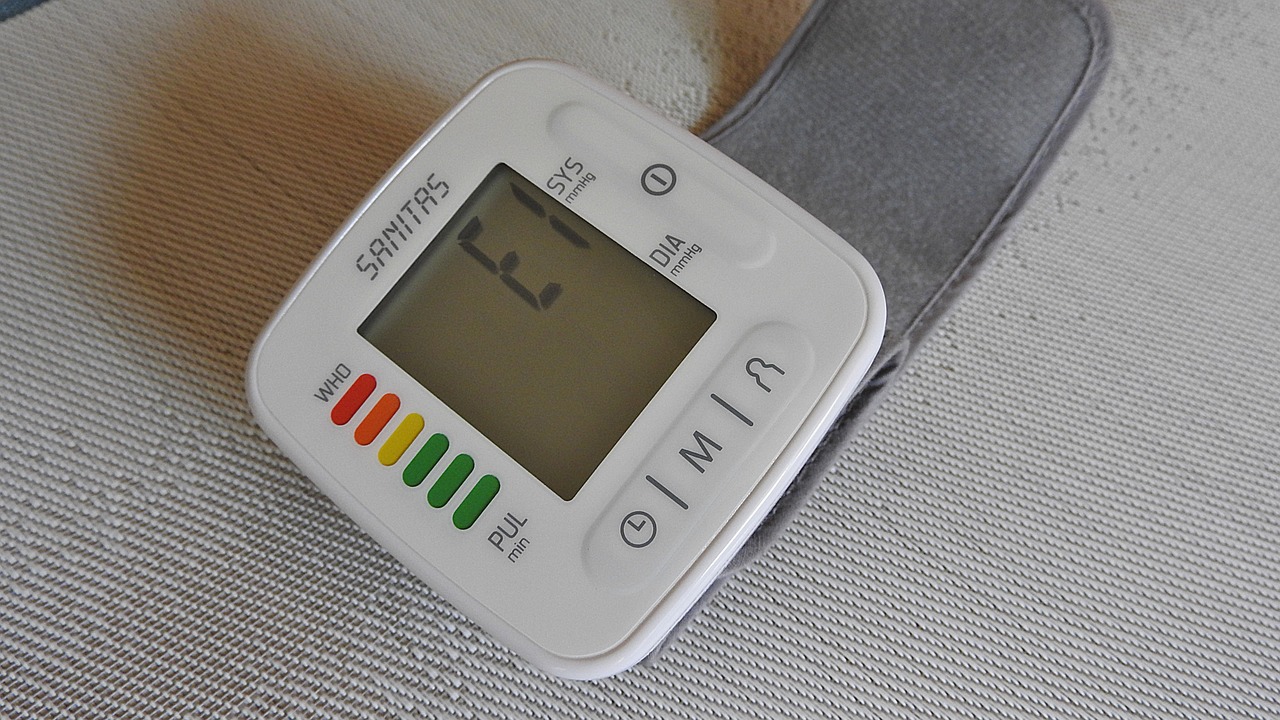Stress is a natural response to challenging or threatening situations, but its prolonged presence can have a detrimental impact on various aspects of health, including blood pressure. The relationship between stress and blood pressure is complex, and understanding how stress affects blood pressure is important for maintaining cardiovascular health. Here are some key points to consider:
- Acute vs. Chronic Stress: Acute stress, such as a sudden emotional or physical response to a specific event, can temporarily raise blood pressure. However, once the stressor is resolved, blood pressure typically returns to normal. Chronic stress, on the other hand, refers to ongoing stressors that persist over an extended period. Chronic stress can lead to consistently elevated blood pressure levels.
- Activation of the Sympathetic Nervous System: Stress triggers the release of stress hormones, including adrenaline and cortisol, which activate the body’s “fight-or-flight” response. This response involves the release of stress hormones, increased heart rate, and constriction of blood vessels, all of which can raise blood pressure.
- Unhealthy Coping Mechanisms: When faced with stress, individuals may engage in unhealthy coping mechanisms such as overeating, excessive alcohol consumption, smoking, or leading a sedentary lifestyle. These behaviors can contribute to high blood pressure and cardiovascular problems.
- Impact on Lifestyle Factors: Chronic stress can disrupt healthy lifestyle habits. Individuals may experience sleep disturbances, poor dietary choices, and lack of physical activity, which can lead to weight gain, obesity, and increased blood pressure.
- Altered Blood Pressure Regulation: Chronic stress can affect the body’s ability to regulate blood pressure. It may interfere with the normal functioning of the blood vessels and impair the balance of hormones involved in blood pressure regulation.
- Impact on Existing Hypertension: For individuals with pre-existing hypertension, chronic stress can exacerbate the condition and make blood pressure more difficult to control. It can also increase the risk of cardiovascular complications associated with high blood pressure.
Managing stress effectively is crucial for maintaining healthy blood pressure levels. Strategies for stress management include regular exercise, relaxation techniques such as deep breathing, meditation or yoga, engaging in hobbies, seeking support from friends and family, and maintaining a healthy work-life balance. Additionally, addressing underlying sources of stress and seeking professional help, such as therapy or counseling, can also be beneficial.
It is important to note that stress management alone may not be sufficient for controlling high blood pressure, and individuals with hypertension should work closely with healthcare professionals to develop a comprehensive treatment plan that may include medication, dietary modifications, and lifestyle changes.
In conclusion, chronic stress can have a significant impact on blood pressure levels. By recognizing the link between stress and blood pressure, individuals can take proactive steps to manage stress effectively, adopt healthy coping mechanisms, and maintain cardiovascular health.

